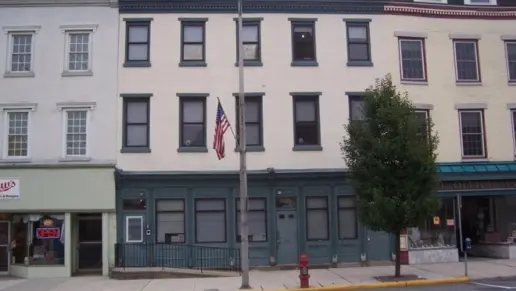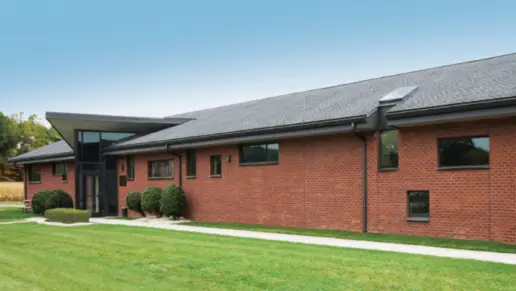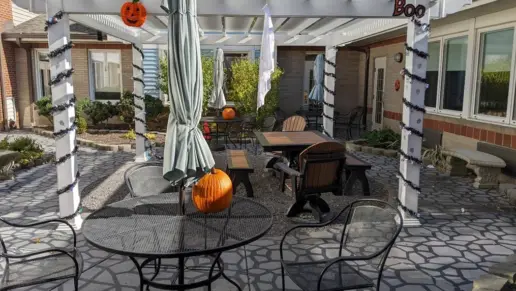About Livengrin Foundation – Addiction Treatment Centers and Detox Centers
Located in Bensalem, Pennsylvania, the Livengrin Foundation is an addiction treatment center that focuses on helping patients achieve a full recovery from substance use disorder, alcoholism, and gambling addictions. The facility seeks to both educate and empower patients as well as their families and friends who want to support them.
The facility offers medical detox to help with withdrawal symptoms, partial hospitalization (PHP), intensive outpatient (IOP), and various general outpatient (OP) services. Detox patients are provided with an individualized assessment, a modern room with a private bathroom, a kitchenette stocked with what you’ll need, and designated smoking areas.
The facility’s PHP program offers four-hour sessions five days a week alongside individual therapy. IOP involves three hour sessions three times a week.
Livengrin also offers outpatient group sessions and weekly individual meetings to help patients build the skills they need to recover in full.
One unique aspect about this facility is that it offers specific help geared to patients who are struggling with compulsive gambling. It’s Livengrin’s philosophy that gambling can cause the same level of distress in a person’s life as drugs or alcohol. That’s why they’ve developed specific counseling and treatment to help patients cope with the impacts of gambling addiction.
Another great thing about this facility is that it has good reviews overall. One former patient said staying at the clinic was well worth their time and effort, while several former patients mentioned learning a lot through the educational programs. Another patient said his Livengrin counselor did everything in his power to make sure everything worked out for him.
Rehab Score
Gallery
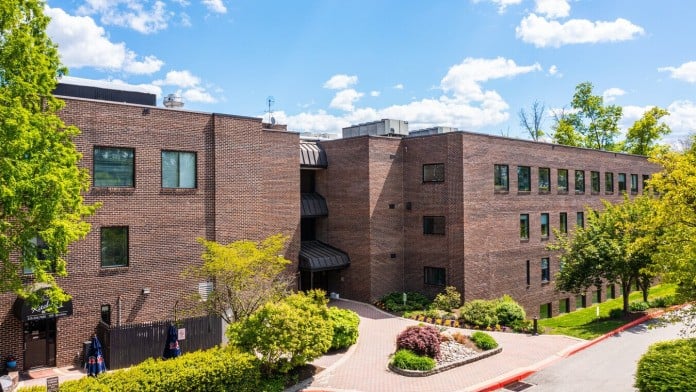
Location
Other Forms of Payment
Medicaid is a state based program that helps lower-income individuals and families pay for healthcare. Medicaid covers addiction treatment so those enrolled can use their coverage to pay for rehab. When a program accepts Medicaid the client often pays very little or nothing out of their own pocket.
Private insurance refers to any kind of healthcare coverage that isn't from the state or federal government. This includes individual and family plans offered by an employer or purchased from the Insurance Marketplace. Every plan will have different requirements and out of pocket costs so be sure to get the full details before you start treatment.
Self-pay involves paying for treatment out of your own pocket. You can use savings or credit, get a personal loan, or receive help from family and friends to fund your treatment. If you don't have insurance or your insurance plan doesn't cover a specific program, self-pay can help ensure you still get the care you need.
Financial aid can take many forms. Centers may have grants or scholarships available to clients who meet eligibility requirements. Programs that receive SAMHSA grants may have financial aid available for those who need treatment as well. Grants and scholarships can help you pai for treatment without having to repay.
Addiction Treatments
Levels of Care
Treatments
The goal of treatment for alcoholism is abstinence. Those with poor social support, poor motivation, or psychiatric disorders tend to relapse within a few years of treatment. For these people, success is measured by longer periods of abstinence, reduced use of alcohol, better health, and improved social functioning. Recovery and Maintenance are usually based on 12 step programs and AA meetings.
Drug rehab in Pennsylvania is devoted to the treatment of addiction. Levels of care, treatment methods, and settings differ, but the aim of each program is to end drug dependency and empower participants to achieve long-term recovery.
Their clinical staff is experienced in dealing with the ways in which mental health disorders can be aggravated, or hidden, by substance abuse. Each patient works with a highly-trained counselor to examine the life-circumstances and history of choices that may be mixing with mental health challenges, and to develop the skills to avoid relapse in a world full of pressures.
Opioid rehabs specialize in supporting those recovering from opioid addiction. They treat those suffering from addiction to illegal opioids like heroin, as well as prescription drugs like oxycodone. These centers typically combine both physical as well as mental and emotional support to help stop addiction. Physical support often includes medical detox and subsequent medical support (including medication), and mental support includes in-depth therapy to address the underlying causes of addiction.
Substance rehabs focus on helping individuals recover from substance abuse, including alcohol and drug addiction (both illegal and prescription drugs). They often include the opportunity to engage in both individual as well as group therapy.
Programs


Clinical Services
Research clearly demonstrates that recovery is far more successful and sustainable when loved ones like family members participate in rehab and substance abuse treatment. Genetic factors may be at play when it comes to drug and alcohol addiction, as well as mental health issues. Family dynamics often play a critical role in addiction triggers, and if properly educated, family members can be a strong source of support when it comes to rehabilitation.
Group therapy is any therapeutic work that happens in a group (not one-on-one). There are a number of different group therapy modalities, including support groups, experiential therapy, psycho-education, and more. Group therapy involves treatment as well as processing interaction between group members.
In individual therapy, a patient meets one-on-one with a trained psychologist or counselor. Therapy is a pivotal part of effective substance abuse treatment, as it often covers root causes of addiction, including challenges faced by the patient in their social, family, and work/school life.
Life skills trainings involve all the skills a person must have in order to function successfully in the world. These include time management, career guidance, money management, and effective communication. Truly successful addiction recovery is based on the ability to not only live substance-free, but to thrive. Life skills teaches the practical necessities of functioning in society, which sets clients up for success in life, and therefore sobriety.
Trauma therapy addresses traumatic incidents from a client's past that are likely affecting their present-day experience. Trauma is often one of the primary triggers and potential causes of addiction, and can stem from child sexual abuse, domestic violence, having a parent with a mental illness, losing one or both parents at a young age, teenage or adult sexual assault, or any number of other factors. The purpose of trauma therapy is to allow a patient to process trauma and move through and past it, with the help of trained and compassionate mental health professionals.
Amenities
-
Residential Setting
-
Private Setting
Staff & Accreditations
Staff
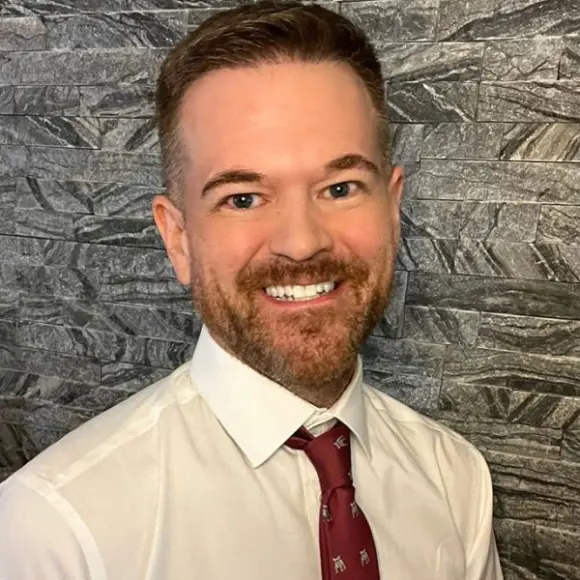
President, CEO, & Chief Clinical Officer
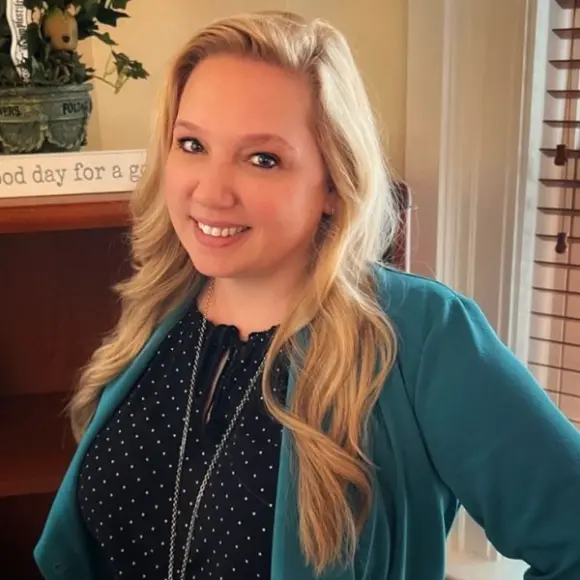
COO & Senior Vice President
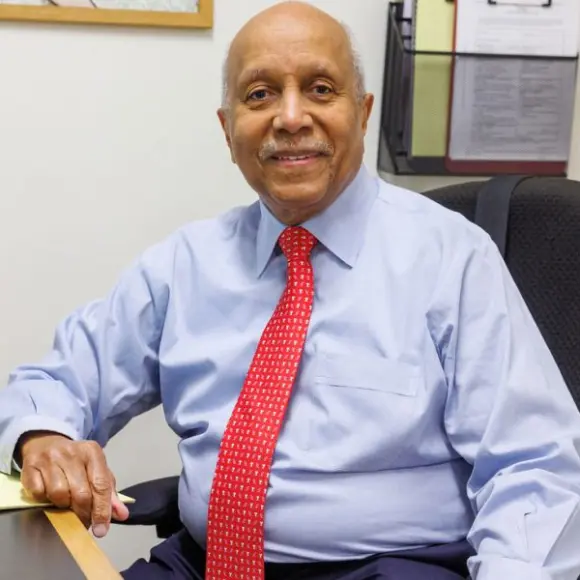
Medical Director
Accreditations

The Joint Commission, formerly known as JCAHO, is a nonprofit organization that accredits rehab organizations and programs. Founded in 1951, the Joint Commision's mission is to improve the quality of patient care and demonstrating the quality of patient care.
Joint Commission Accreditation: Yes
Contact Information
4833 Hulmeville Rd
Bensalem, PA 19020
